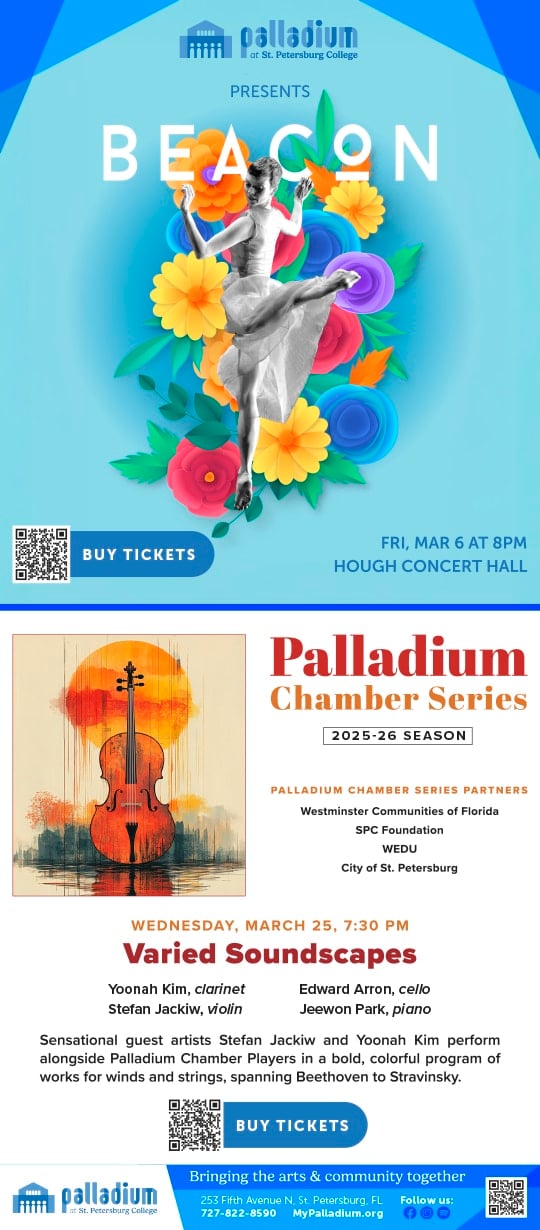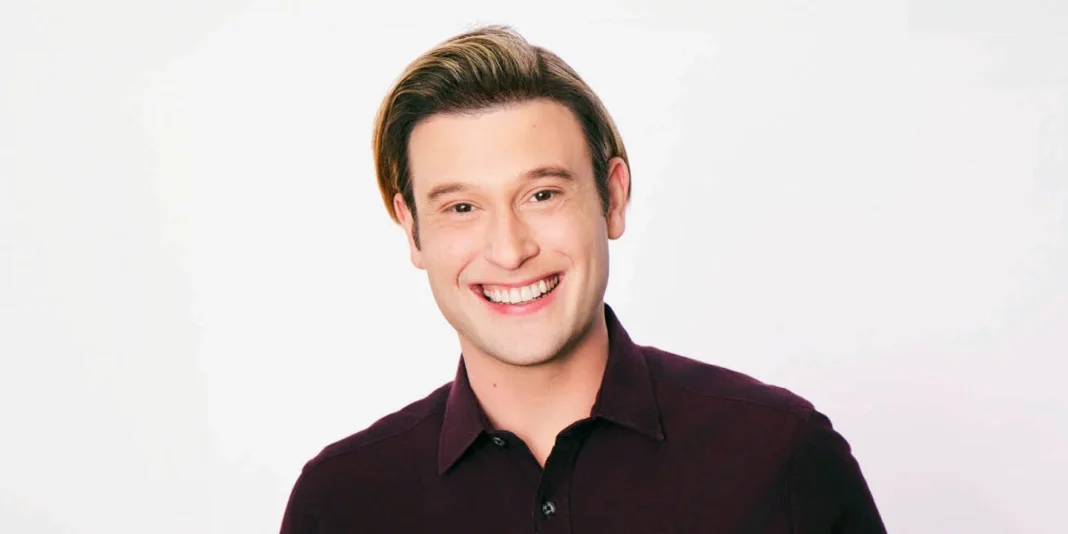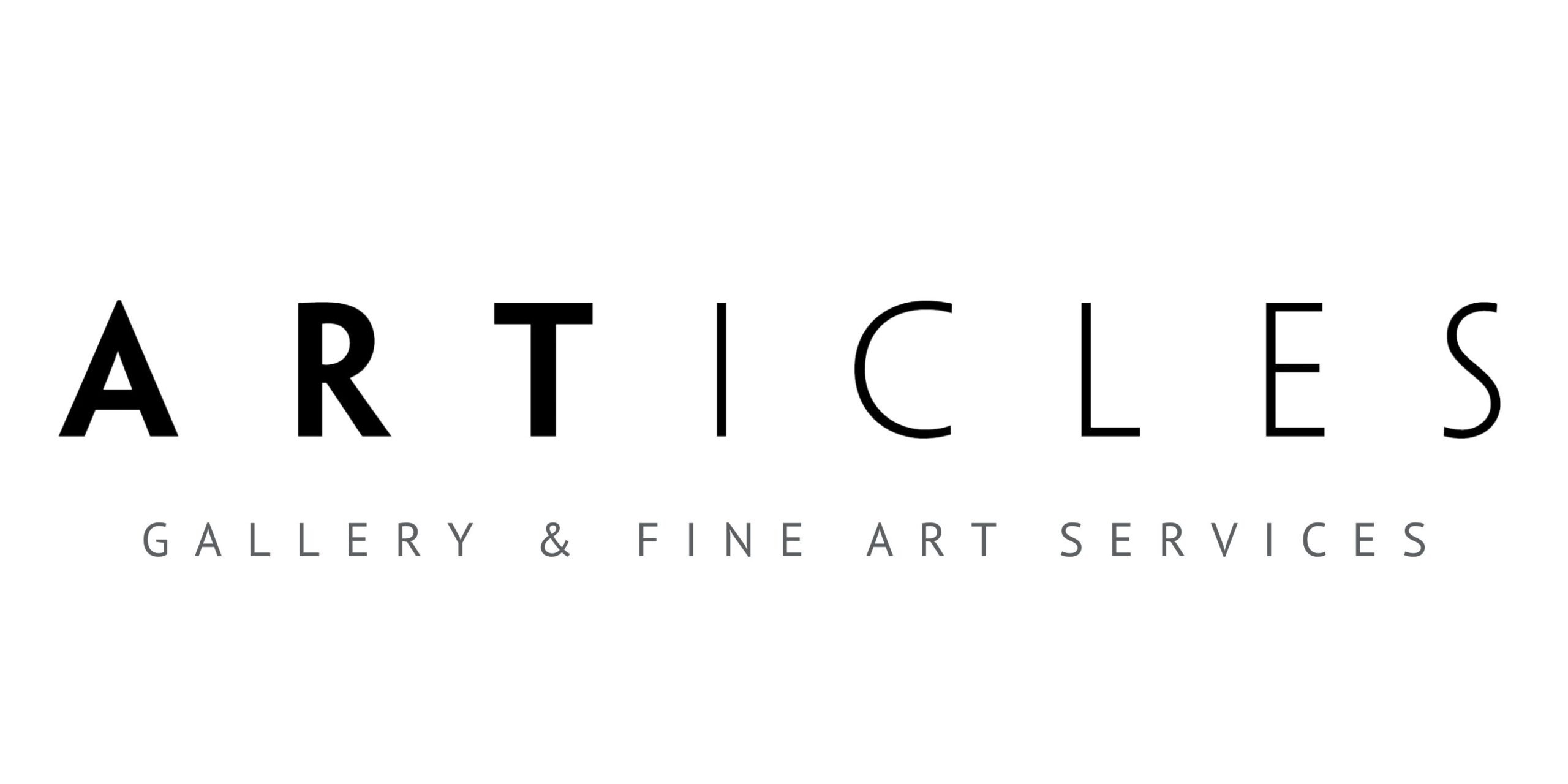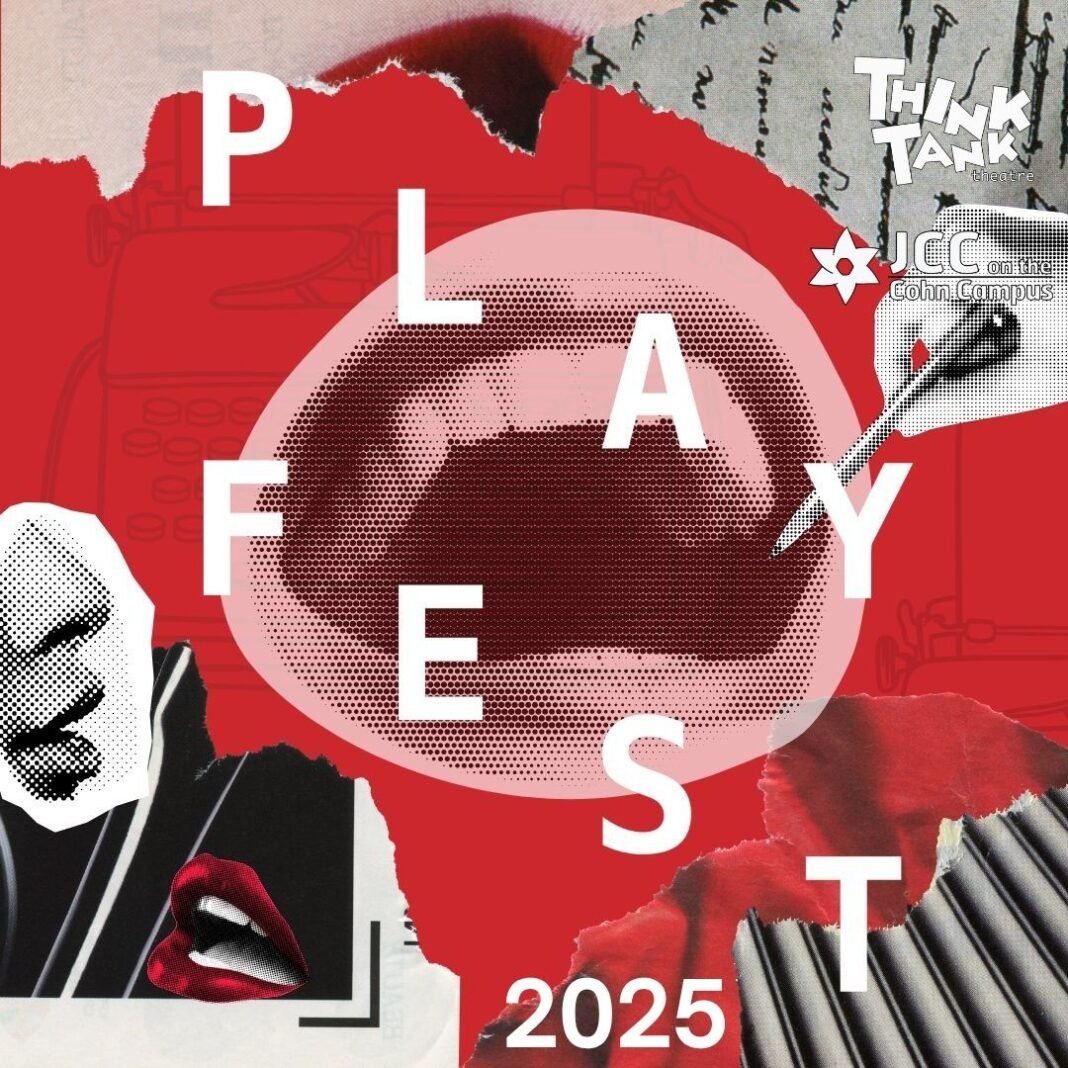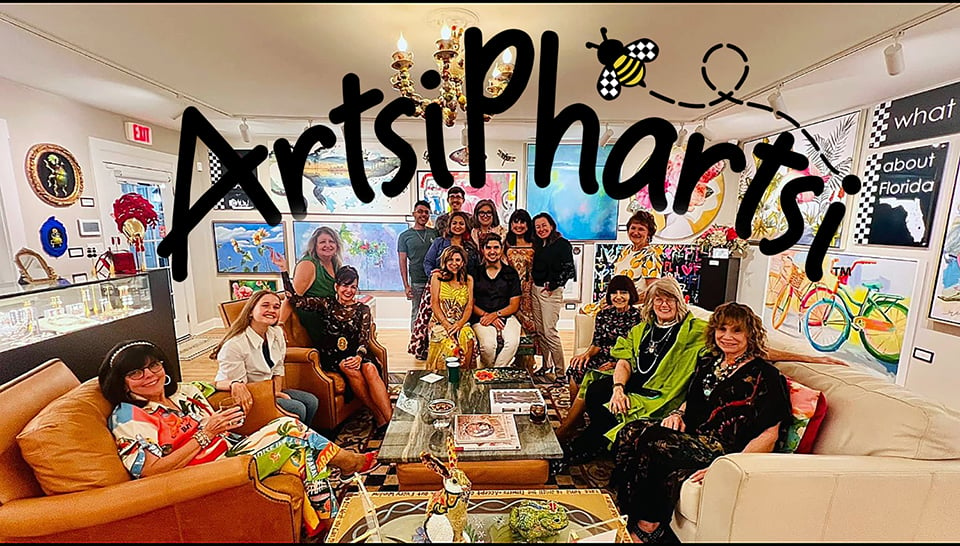On August 26 at Ruth Eckerd Hall, acclaimed medium Tyler Henry will be bringing together a packed house for his celebrated show, An Evening of Hope and Healing. Known for his empathetic approach and uncanny ability to connect audiences with messages from the other side, Henry’s live event proves to be more than just a series of readings—it is a communal journey marked by laughter, tears, and the transformative power of collective experience.
Henry describes the difference between filming an episode and performing before a live crowd as “incredibly powerful,” noting, “there’s a shared experience everyone goes on. People often leave smiling, having connected not just with the messages but also with others who share their grief.”
For Henry, the goal is clear: “it’s not just about the loss, but about honoring the love and the validations that reinforce it.”
No two shows are ever alike, Henry says. “Every single time is a surprise, and it’s a vulnerable experience for me because there’s no editing—I have to trust the process completely.” Audience members, often strangers, discover uncanny parallels in their stories of love and loss.
When asked about the role of belief, Henry is pragmatic. “I believe I can read all sorts of people and can still connect on some level, regardless of belief.” However, he acknowledges that “receptivity makes the experience more immersive when people let their guard down and allow the experience to unfold naturally.”
Henry’s philosophy centers on the importance of “meeting people where they’re at and valuing diversity of belief and diversity of being.” His goal is to validate the connections that are present, but also to reinforce the idea that, regardless of belief, “we can live in a way that prevents future regret—giving people their flowers while we have the chance, so to speak. It just allows for more well-rounded life and knowing that we did everything we could.”
Reflecting on his journey from a faith-based childhood to national tours and bestselling books, Henry offers advice to his younger self: “Trust is essential.” Growing up, faith is a significant part of his life, and as he matures, moments of intuition and knowingness begin to shape his work as a medium. “This evolution from faith to trust has given me a greater appreciation for the divinity of being alive, so I would say keep the trust.”
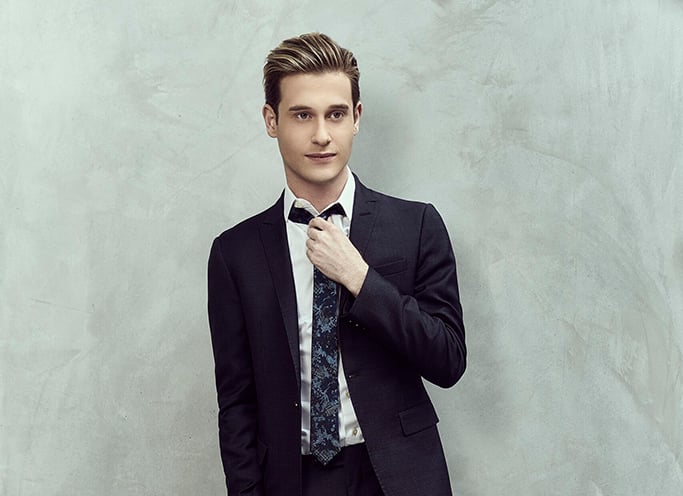
Henry hopes audiences leave his shows and books with lessons in forgiveness and acceptance. “I think there’s a lot of value in forgiveness. I think when we can forgive people, not even necessarily for their sake, but for ours, there’s great absolution that can happen. I think so often messages revolve around the importance of being able to let things go, to put things to rest, and to be able to find a sense of acceptance. We find in these readings, acceptance really seems to equate to peace on the other side, so when we can find a way to accept an apology we may never receive, it allows us, I think, to have more ease and more energy.”
When asked about the most surprising truth someone discovers during a reading, Henry reflects, “I would say probably paternity, just off the top of my head. I’ve done several readings. One particularly noteworthy private reading I am able to get, through a number of validations, more oriented around geography, figure out who someone’s father is after decades of trying to search. I find that there are limitations with certain aspects of psychic abilities, but when working in unison with other resources, it can sometimes kind of fill in that necessary blank and get answers.”
Henry offers an analogy to explain how communicating with those who have passed doesn’t pull them away from their “eternal happy place.” He likens it to a window washer in New York City.
“If you are situated in New York City, on the ground floor, there could be a car accident two streets over and you being situated on the ground floor may not be able to perceive that car accident, but a window washer who is oriented stories above may be able to not only perceive the car accident two streets over, but also would be able to see you. And it doesn’t mean that the window washer is God. It just means that from where the window washer is situated, they can perceive two things at once. I think of that analogy when we think of our loved ones, that it’s not really pulling them away as much as giving them opportunity to connect.”
Despite the emotional highs and lows of his work, Henry finds joy in the unexpected. “It’s fun every single time—the levity cracks me up… instances that are so bizarre where someone will have something, you know, in front of them in a virtual reading. And… I’ll mention something and they’ll pull it out and say, ‘oh, is this what you’re talking about?’ It’s just so affirming and comforting.” These moments—often tied to innermost family dynamics and inside jokes—add layers of humanity to the spiritual encounter and continually delight him.
When asked about retirement, Henry reveals a whimsical side: “I think I would just spend my days doing stained glass windows. I make windows for fun and it’s a very medieval hobby. And so, I would just be doing that.”
And when pondering what well-wish to offer a medium before a show—unlike an actor who gets ‘Break a leg’—Henry laughs, “I don’t know – Break a pineal gland? I’m going to have to find something witty to come up with.”
Ruth Eckerd Hall
###




